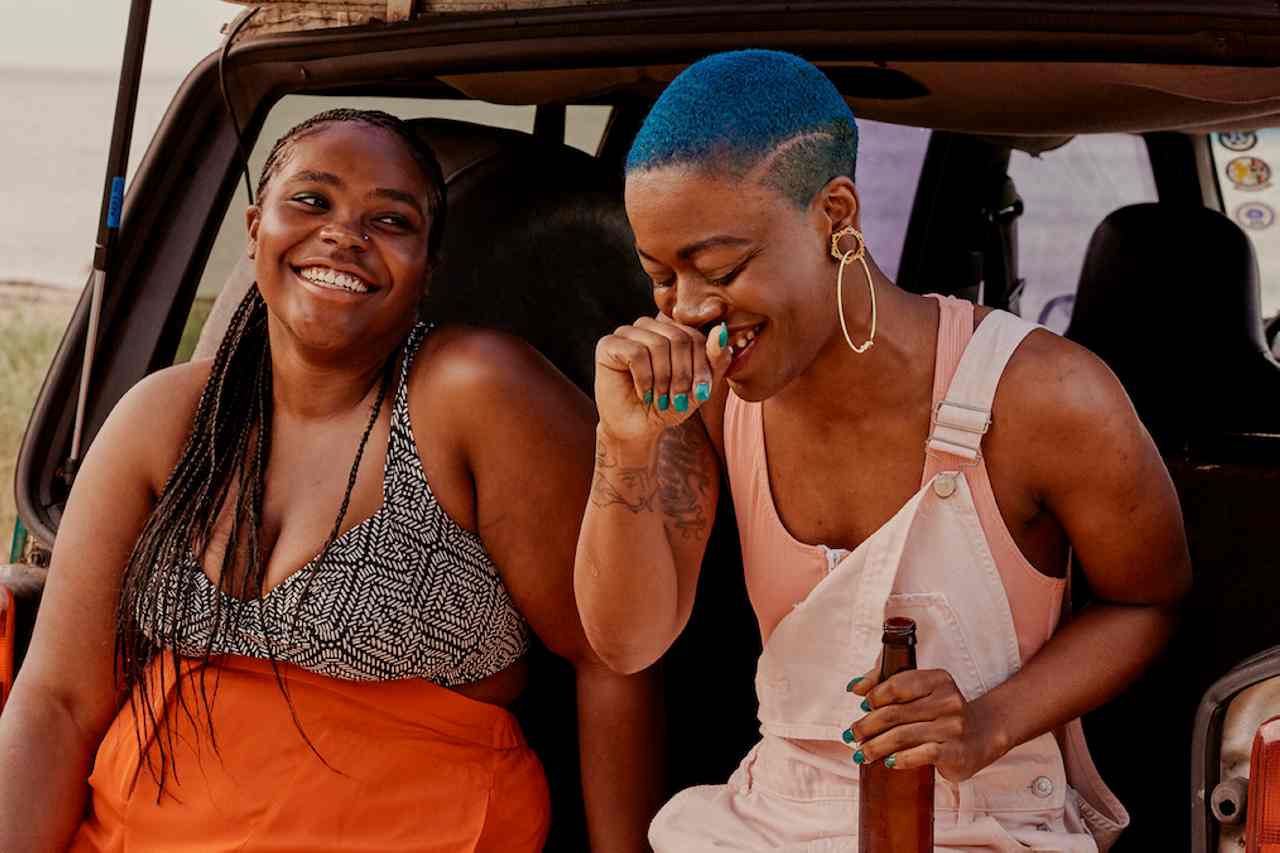This isn’t a brand new idea, by any means—individuals in poly and non-monogamous relationships have been speaking about it on-line for years. However the time period is likely to be a useful framework for these desirous about exploring having a number of companions who’ve by no means accomplished so earlier than. Right here’s what you must know.
What’s an anchor accomplice?
Because it seems, an “anchor accomplice” is what you may guess: a central accomplice to lean on, however not essentially the one accomplice you’ve. “Normally, this appears to be like just like what individuals consider a partnership in a monogamous relationship—simply not monogamous,” says Rachel Wright, MA, LMFT, a relationship therapist in a polyamorous relationship.
Anchor companions aren’t one-size-fits-all. To start out, anchor companions can exist in hierarchical polyamorous relationships (the place one relationship is extra vital to an individual than their others) and non-hierarchical ones (the place all partnerships are equally vital), Wright shares. “In each instances, it’s a accomplice who’s an ‘anchor’ in a single’s life—the principle character apart from self, one may say,” she says. “In hierarchical non-monogamy, that is nearly synonymous with the time period ‘major accomplice.’ In non-hierarchical non-monogamy, that is used because the equal of a major accomplice.”
Whereas somebody will be married to their anchor accomplice, marriage isn’t a requirement per se. Neither resides collectively. “The anchor accomplice will be the ‘nesting accomplice,’ or a roommate or a partner, however doesn’t essentially should be,” says Tammy Nelson, PhD, a intercourse and relationships therapist and writer who’s studied polyamory.
It’s also possible to have multiple anchor accomplice, if you would like. Roy Graff, a relationship and life coach, has two. “Being with two companions for the previous 4 years is one thing that simply occurred; I didn’t plan for it, however I knew that I don’t imagine in a proper hierarchy that prioritizes one accomplice over others.”
Methods to know if having an anchor accomplice is best for you
For those who’re new to this time period or haven’t had this sort of relationship earlier than, chances are you’ll surprise if it’s one thing you’d like—perhaps much more than the connection construction you’re in now.
Wright believes all of it comes right down to choice and the way you’re wired. “Some of us really feel safer by having an anchor accomplice, somebody they share life with,” she says, “whereas some desire solo non-monogamy/polyamory the place the anchor accomplice is themselves.”
It’s additionally a good suggestion to contemplate the massive image of what you need your life to seem like. “Not everybody has a major relationship or wants or needs a central particular person, and will desire a non-hierarchical construction to their non-monogamy,” Dr. Nelson says. “But, they could additionally wish to have somebody concerned of their day by day life, with whom they’ve a powerful emotional bond and a possible future.”
Amy Norton, a polyamorous girl in her 30s, has an anchor accomplice, and right here’s why: “I’ve all the time valued long-term, dedicated relationships and knew I wished somebody who could be ‘my particular person’ by way of thick and skinny,” she says. “We stay collectively and are constructing a life collectively—sharing funds, making large choices collectively, co-parenting our pets, all these regular day-to-day issues.”
Graff says your attachment type may play a task in whether or not or not you’d need an anchor accomplice. For instance, polyamorous individuals who have an insecure attachment type (that means that they’re usually codependent and worry abandonment) could desire having an anchor accomplice. You might have considered trying a way of emotional security from a accomplice, or chances are you’ll desire it or be okay with it coming from one other particular person. “An anchor doesn’t should be a romantic and/or sexual accomplice; they will also be a buddy or member of the family,” Graff provides.
Rae Michaelson, a psychological well being and mindset coach, finds consolation within the emotional intimacy and security her anchor brings. “For us, the anchor is our secure particular person, the one who’s all the time there it doesn’t matter what,” she says. “We’re collectively as a rule, and we share love with one another, and we make it possible for the additional companions are treating the opposite particular person with the respect and love they deserve.”
Your expertise will even look completely different from another person’s relying in your present and previous relationship statuses. “For those who’re most used to monogamous relationships, it’s going to really feel much more acquainted to have an anchor accomplice and have the 2 of you go off and discover from that dwelling base,” Wright says. “For those who’re in an current monogamous relationship and wish to ‘open it’ to non-monogamy, you inherently have an anchor accomplice. And in case you’re ranging from a spot of being single, you get to determine if you wish to search for somebody to be your anchor accomplice or check out solo non-monogamy/polyamory.”
Whereas understanding what having an anchor accomplice entails could be a nice start line, attempt to not let your self be confined by definitions, labels, and bins. Finally, the purpose is to have a relationship that’s significant and constructive for you and your accomplice(s)—and what that appears like could change over time.
“We every create our personal sorts of monogamy, open to the whole lot or conventional and closed, relying on what works for us, at completely different instances in our lives,” Dr. Nelson says. “It’s by no means useful to match ourselves or to try to match into pre-defined containers. What issues is that you just discover what works for you.”







